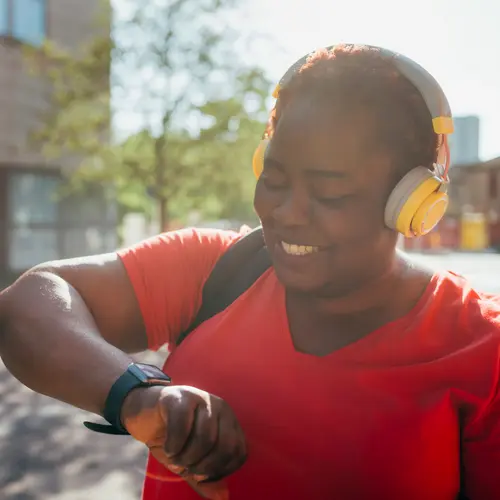After you're diagnosed with type 1 diabetes -- whether as a child or an adult -- you might enter a period when your symptoms get better. You may hear your doctor call this a "honeymoon phase."
Just like real honeymoons, the diabetes version doesn't last forever. But while you're in it, you may find it easier to keep your blood sugar levels under control.
How the Honeymoon Phase Starts
In type 1 diabetes, your immune system -- the body's defense against germs -- misfires. It destroys
beta cells in your pancreas that make insulin, a hormone that helps your body store sugar for energy.
Without beta cells, your supply of insulin drops, and your levels of blood sugar go up. To get your blood sugar at the right level, you'll need to take insulin in a shot or through a pump.
Most people with type 1 diabetes have a period of time after they're diagnosed when their remaining beta cells can pump out enough insulin to control their blood sugar. This is the honeymoon phase. While it lasts, you may not need to take as much insulin.
What Causes It?
As your immune system destroys beta cells and they release less insulin, your blood sugar level rises. Usually the symptoms of type 1 diabetes start when you have only 30% of your beta cells left. That may be when you're first diagnosed and you start to take insulin.
About 60% of people with type 1 diabetes go into the honeymoon phase soon after they're diagnosed. In this period, your pancreas continues to make new beta cells as the old ones die. These beta cells make enough insulin to keep your blood sugar under control.
Partial Remission vs. Total Remission
Your blood sugar should be steadier during the honeymoon phase. You'll have fewer up-and-down swings. And you may be able to lower your dose of insulin.
Most people who go into the honeymoon phase are in "partial remission," which means you still need to take some insulin to manage your blood sugar.
A very small number of people go into "total remission." They can stop taking their insulin or other diabetes medicines because their pancreas makes enough insulin to meet their body's needs.
How Long Does It Last?
The honeymoon phase usually begins about 3 months after you start treatment for type 1 diabetes. It can last anywhere from 1 month to 13 years. The length of the honeymoon is different for each person.
As time passes, and more beta cells die, your pancreas makes less insulin. When it gets harder to control your blood sugar, you'll need to raise your insulin dose.
What Should You Do During the Honeymoon Phase?
The honeymoon phase doesn't mean you're cured, or that you never had diabetes to begin with. Even if your blood sugar is normal, your body still needs insulin. And your pancreas may not be able to make enough of it to keep your blood sugar under control.
It can be hard to predict how much insulin your pancreas will make during the honeymoon phase. Your blood sugar may swing up and down as a result.
You'll need to check your blood sugar a few times a day. Your doctor will tell you how often to test. They may suggest you adjust your insulin dose based on your blood sugar level, your diet, and how much you exercise.
Does the Honeymoon Phase Affect Your Diabetes in the Future?
The honeymoon phase improves your blood sugar control in the short term. It might also lower your chances of getting future diabetes complications, such as:
- Diabetic retinopathy -- damage to the blood vessels in your eyes
- Diabetic nephropathy -- kidney damage
- Diabetic neuropathy -- nerve damage
Can You Lengthen the Honeymoon Phase?
There may be things you can do to stay in the honeymoon phase for a longer time. Regular workouts might help. In one study, the honeymoon period lasted five times longer in people who exercised after their diagnosis.
Vitamin D might also slow damage to the pancreas, although this hasn't been proven. Less damage could lead to a longer honeymoon.
The hope is that one day, we'll have treatments to stop immune cells from attacking the pancreas. In clinical trials, researchers are studying ways to reset the immune response and stop the honeymoon from ending.

